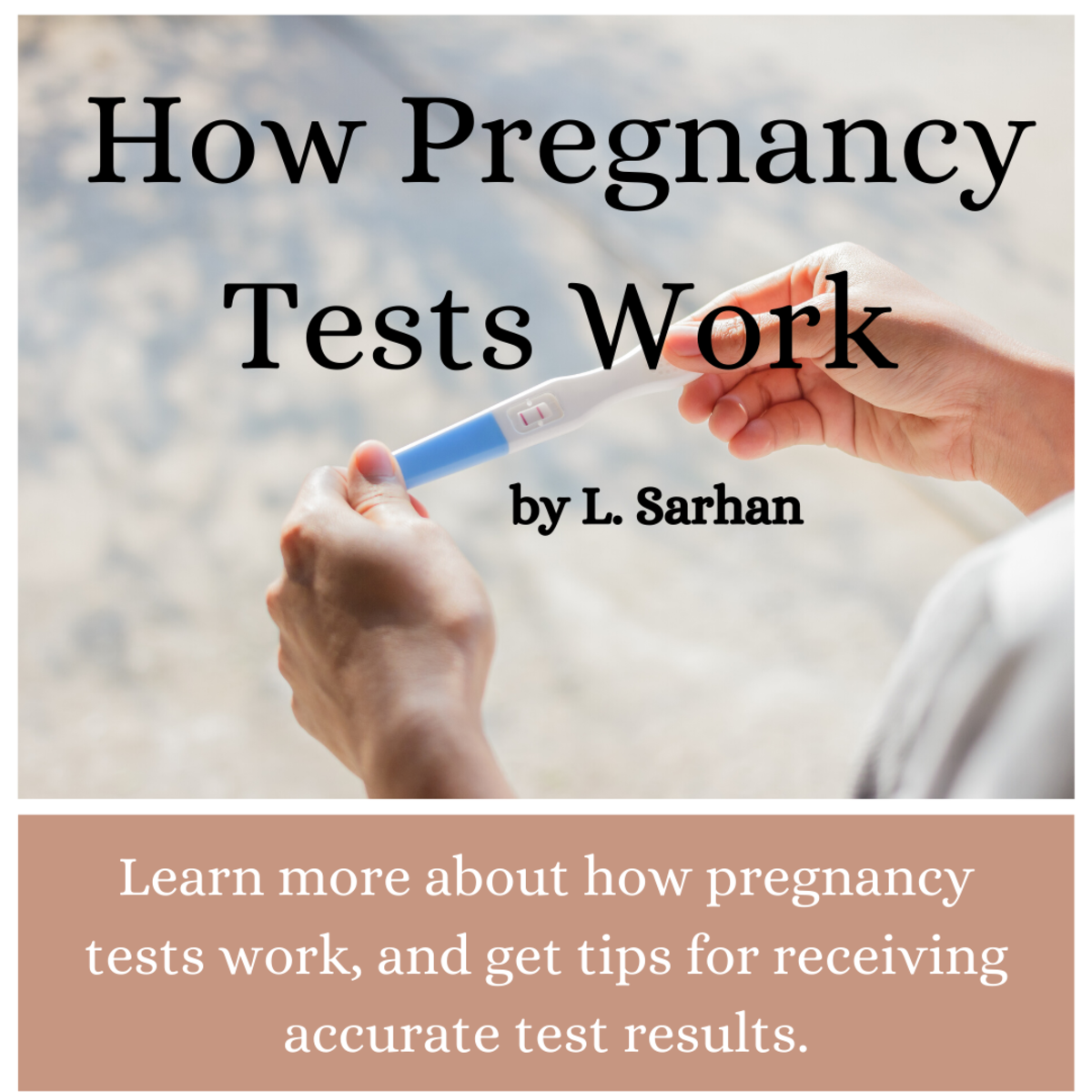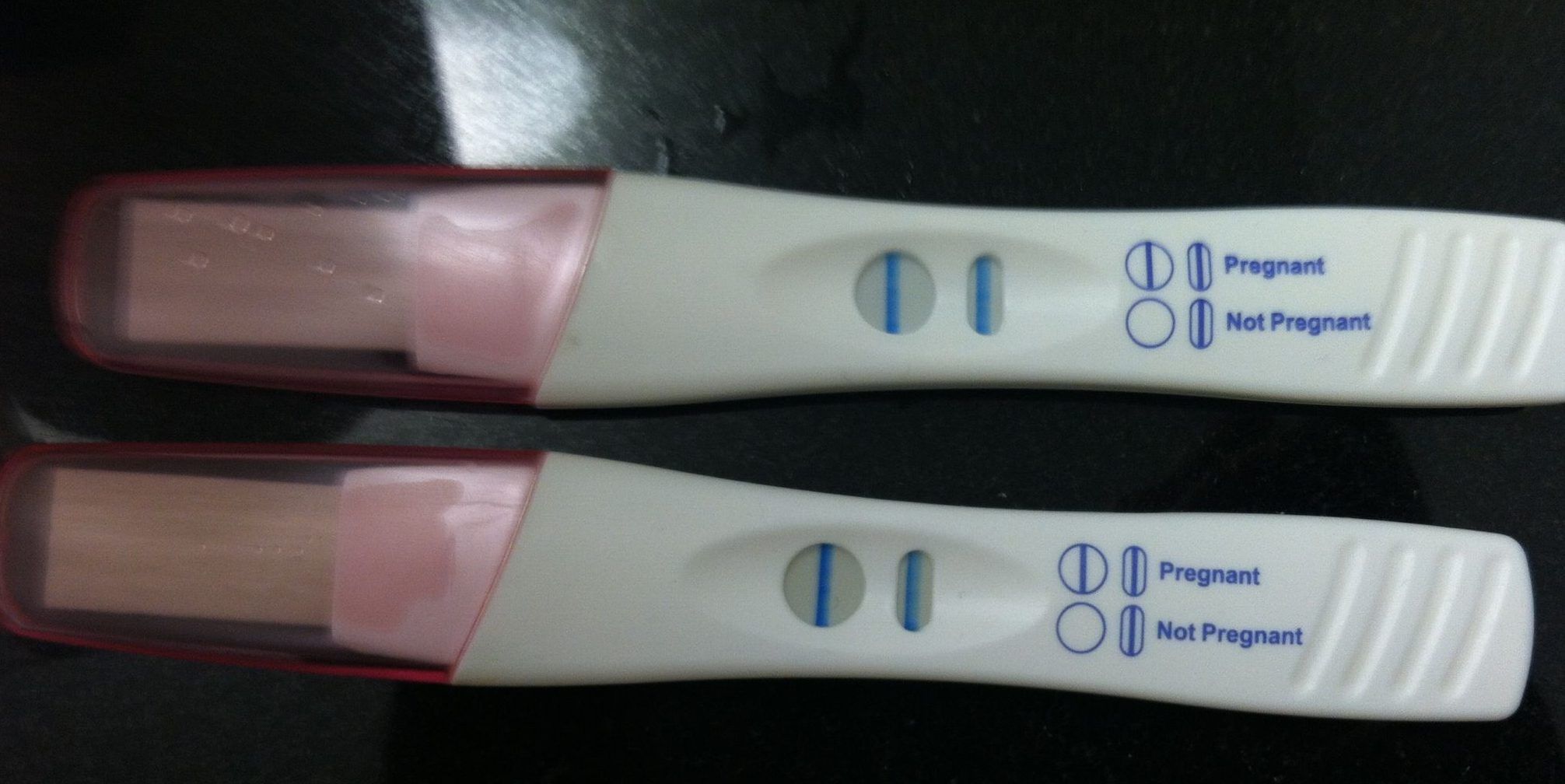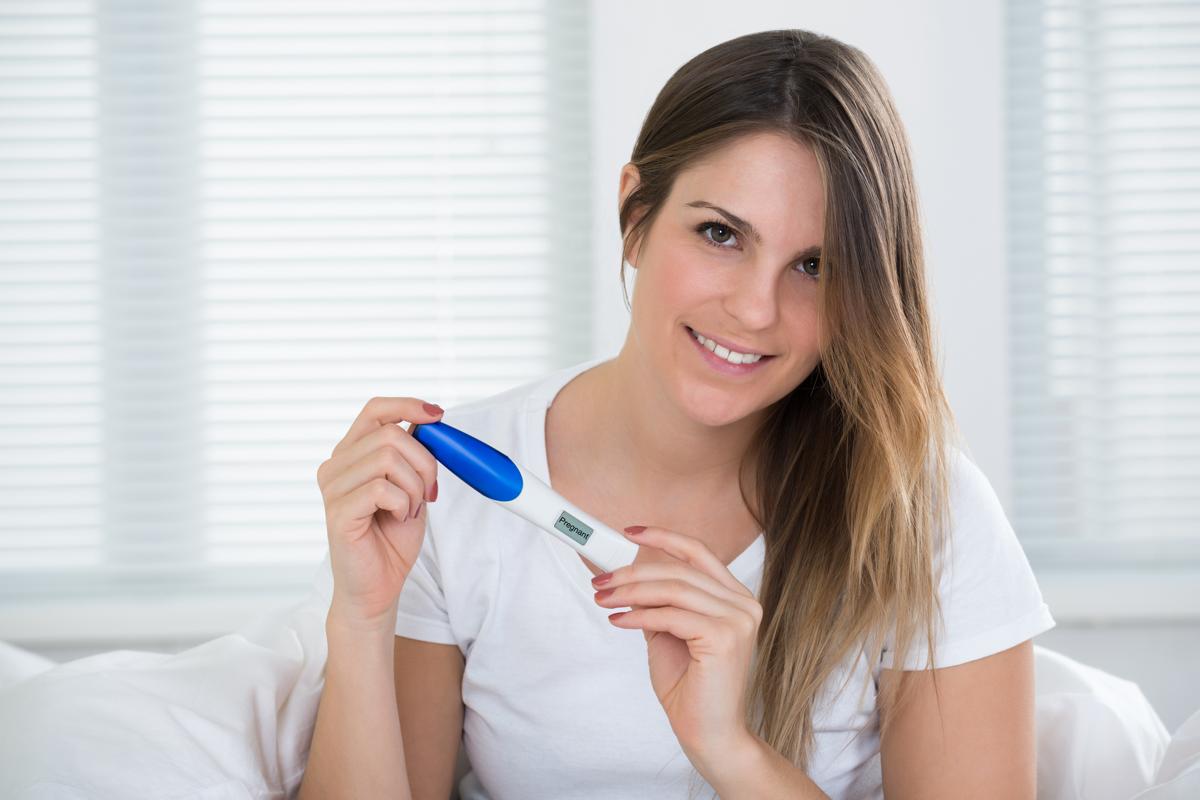Introduction
Pregnancy tests are one of the most reliable ways to determine if you are pregnant or not. However, there are certain factors that can affect the accuracy of the test. In this article, we will discuss when pregnancy tests work and what can affect their accuracy.
How Pregnancy Tests Work

Pregnancy tests work by detecting the hormone human chorionic gonadotropin (hCG) in your urine. This hormone is produced by the placenta after a fertilized egg implants in the uterus. Most pregnancy tests are highly sensitive and can detect hCG levels as low as 25mIU/ml.
When Can You Take a Pregnancy Test?

You can take a pregnancy test as early as the first day of your missed period. However, the accuracy of the test will depend on various factors such as the sensitivity of the test, the timing of the test, and the level of hCG in your urine.
Factors That Can Affect Pregnancy Test Accuracy

There are several factors that can affect the accuracy of a pregnancy test. These include:
- The sensitivity of the test
- The timing of the test
- The level of hCG in your urine
- The presence of certain medications or medical conditions
Sensitivity of the Test

The sensitivity of a pregnancy test refers to its ability to detect low levels of hCG in your urine. Generally, the more sensitive the test, the earlier it can detect a pregnancy. However, more sensitive tests may also be more prone to false positives and false negatives.
Timing of the Test

The timing of the test is also important. Taking a pregnancy test too early can result in a false negative. This is because the level of hCG in your urine may not be high enough to be detected by the test. It is recommended to wait at least a week after your missed period to take a pregnancy test.
Level of hCG in Your Urine

The accuracy of a pregnancy test also depends on the level of hCG in your urine. If the level of hCG is too low, the test may not be able to detect it. This can result in a false negative. On the other hand, if the level of hCG is too high, it can result in a false positive.
Presence of Certain Medications or Medical Conditions

Some medications and medical conditions can affect the accuracy of a pregnancy test. For example, fertility drugs that contain hCG can cause a false positive. Certain medical conditions such as ovarian cysts and ectopic pregnancies can also affect the accuracy of the test.
Conclusion
Pregnancy tests are a reliable way to determine if you are pregnant or not. However, it is important to take the test at the right time and to consider the factors that can affect its accuracy. If you have any concerns about the accuracy of a pregnancy test, it is best to speak with your healthcare provider.